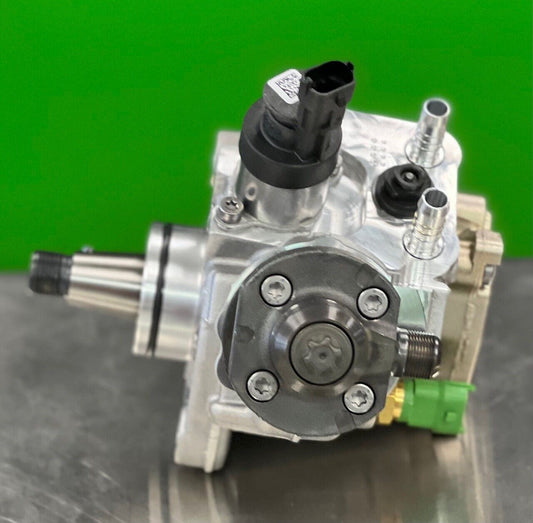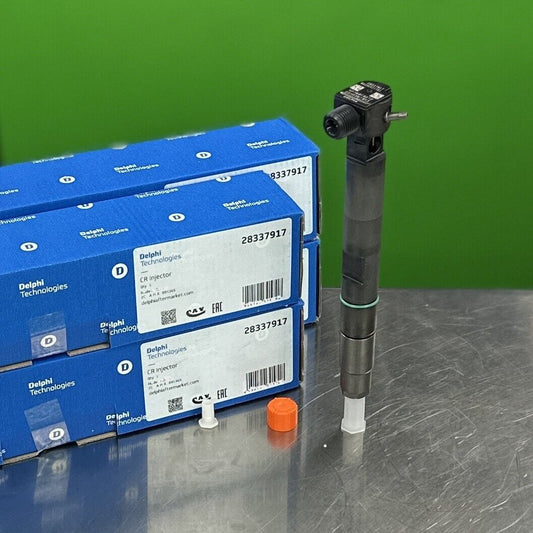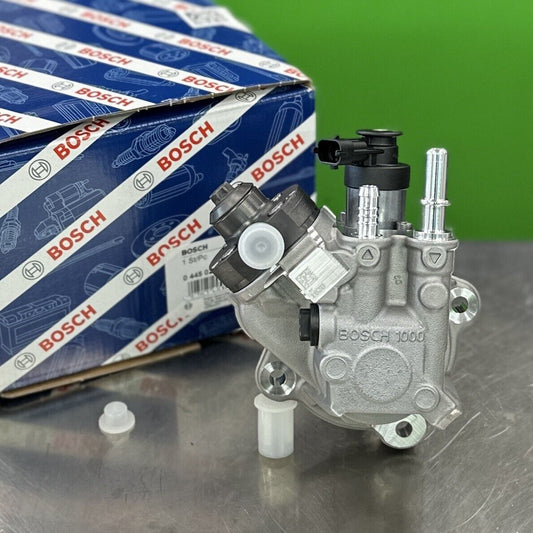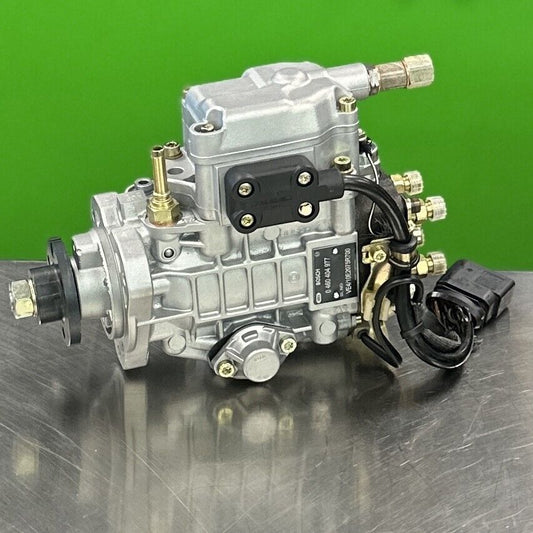How to Prevent Diesel Engine Overheating in Florida
When it comes to preventing diesel engine overheating in Florida, prompt action and thorough maintenance are key to ensuring your engine's optimal performance in the face of the Sunshine State's hot and humid climate. The unique challenges presented by Florida's weather require specific precautions to be taken to avoid overheating issues that can significantly impact your diesel engine's longevity and efficiency.
One of the most crucial steps in preventing diesel engine overheating is regular cooling system maintenance. This includes diligently checking coolant levels, flushing the system periodically, and inspecting hoses and belts for any signs of wear or damage. By staying on top of your cooling system maintenance, you can proactively address potential issues before they escalate and lead to overheating problems.
Monitoring your engine's temperature is another essential practice to prevent overheating. Keeping an eye on the engine temperature gauge allows you to detect any abnormalities early on and take immediate action to prevent overheating. Addressing temperature fluctuations promptly can save your diesel engine from serious damage and costly repairs down the line.
Choosing a high-quality coolant that is specifically designed for the Florida climate is paramount in regulating your engine's temperature and preventing overheating, especially during the scorching summer months. The right coolant can make a significant difference in maintaining optimal engine performance and preventing overheating-related issues.
Ensuring proper airflow to the engine is also crucial in preventing overheating in diesel vehicles in Florida. Regularly checking and cleaning the air filters can help maintain adequate airflow, which is essential for cooling the engine effectively. Proper airflow is a key factor in preventing overheating and preserving your diesel engine's health.
Avoiding overloading the engine, especially in hot weather conditions, is another important preventive measure against overheating. Overloading can strain the engine and push it beyond its limits, leading to overheating issues that can compromise both performance and longevity. By being mindful of your engine's workload, you can help prevent overheating and ensure smooth operation in Florida's challenging climate.
Regular Cooling System Maintenance
When it comes to ensuring the optimal performance and longevity of diesel engines in Florida, regular cooling system maintenance plays a vital role. The hot and humid climate in the Sunshine State poses unique challenges for diesel engines, making it crucial to stay on top of cooling system upkeep. Proper maintenance involves a series of essential steps to prevent overheating and keep the engine running smoothly in the face of Florida's extreme weather conditions.
One of the primary aspects of regular cooling system maintenance is checking the coolant levels. Adequate coolant is essential for regulating the engine temperature and preventing overheating. Additionally, flushing the cooling system at recommended intervals helps remove any buildup or contaminants that could impede proper cooling. Inspecting hoses and belts for wear and tear is also crucial, as any leaks or damage can lead to cooling system inefficiencies and potential overheating issues.
Monitoring the engine temperature gauge regularly is another key component of cooling system maintenance. By keeping an eye on temperature fluctuations, you can catch any signs of overheating early and take corrective action before serious damage occurs. Addressing temperature issues promptly can prevent costly repairs and downtime due to engine overheating.
Choosing a high-quality coolant that is specifically designed for the Florida climate is essential for effective cooling system maintenance. The right coolant can help regulate engine temperature even in the sweltering heat of Florida summers, ensuring optimal performance and efficiency. Investing in quality coolant is a proactive step towards preventing overheating and maintaining the health of your diesel engine.
Proper airflow is another critical aspect of cooling system maintenance for diesel engines in Florida. Checking and cleaning the air filters regularly is necessary to ensure that the engine receives adequate airflow for cooling. Restricted airflow can lead to overheating issues, so keeping the air filters clean and free of debris is essential for preventing engine problems in the long run.
In conclusion, regular cooling system maintenance is essential for preventing diesel engine overheating in Florida. By following a proactive maintenance routine that includes checking coolant levels, monitoring engine temperature, using high-quality coolant, and ensuring proper airflow, you can protect your engine from the heat and humidity of the Sunshine State and enjoy reliable performance for years to come.
Monitor Engine Temperature
When it comes to ensuring the optimal performance and longevity of your diesel engine in the hot and humid climate of Florida, monitoring the engine temperature is crucial. By regularly checking the engine temperature gauge, you can catch any signs of overheating early on. This proactive approach allows you to address temperature fluctuations promptly, preventing serious damage to the diesel engine.
One key aspect of monitoring engine temperature is prompt input area applying to the entire list. By focusing on this area, you can effectively track and analyze temperature variations, enabling you to take immediate action if any issues arise. This level of attentiveness ensures that your diesel engine operates within the optimal temperature range, avoiding the risks associated with overheating.
Use High-Quality Coolant
When it comes to ensuring the optimal performance and longevity of your diesel engine in the hot and humid climate of Florida, using high-quality coolant is paramount. The quality of the coolant you choose can significantly impact your engine's ability to regulate temperature and prevent overheating issues, especially during the scorching summer months in the Sunshine State.
High-quality coolant is formulated to withstand the extreme temperatures that diesel engines in Florida often face. It helps maintain the engine's temperature within the appropriate range, preventing it from overheating and potentially causing severe damage. By investing in a premium coolant that is specifically designed for hot climates, you can provide your engine with the protection it needs to operate smoothly and efficiently.
When selecting a coolant for your diesel engine in Florida, consider factors such as its thermal conductivity, corrosion protection properties, and compatibility with your engine's materials. Opting for a coolant that meets the manufacturer's specifications and is recommended for use in high-temperature environments can help safeguard your engine against overheating and ensure its longevity.
Regularly checking and replenishing the coolant levels in your engine is essential to maintain its cooling efficiency. Additionally, following the manufacturer's guidelines for coolant replacement intervals can help prevent potential issues related to overheating and ensure that your engine continues to perform optimally in the challenging Florida climate.
Ensure Proper Airflow
Ensuring proper airflow is crucial for maintaining the optimal performance of diesel engines in Florida. The engine requires a consistent flow of clean air to operate efficiently, especially in the hot and humid climate of the Sunshine State. To achieve this, regular checks and maintenance of the air filters are essential. Clean air filters prevent dust and debris from entering the engine, which can hinder airflow and lead to overheating issues. By keeping the air filters clean and unclogged, you can promote smooth airflow and prevent potential damage to the engine.
Moreover, it is important to inspect the entire air intake system to ensure there are no blockages or restrictions that could impede airflow. Any obstructions in the intake system can disrupt the air supply to the engine, causing it to work harder and potentially overheat. By maintaining a clear and unobstructed airflow path, you can help the engine operate at its optimal level and reduce the risk of overheating.
In addition to regular maintenance, consider the environment in which the diesel engine operates. If the vehicle frequently travels on dusty or unpaved roads, the air filters may require more frequent checks and replacements to prevent buildup and blockages. Proper airflow is essential for cooling the engine and maximizing its efficiency, especially in a challenging climate like Florida.
Avoid Overloading the Engine
Avoiding overloading the diesel engine is crucial, especially in the hot and humid climate of Florida. When the engine is overloaded, it has to work harder to perform, generating more heat and putting it at a higher risk of overheating. Think of it like carrying a heavy backpack on a scorching summer day; the extra weight makes you sweat more and exhausts you faster. Similarly, overloading the engine can strain its components, leading to potential overheating issues and reducing its efficiency and lifespan.
To prevent overloading, it's essential to know the engine's capacity and limitations. Consult the manufacturer's guidelines to determine the maximum load the engine can handle safely. Exceeding this limit can not only result in overheating but also cause other mechanical problems over time. It's like pushing a car beyond its speed limit – you might get to your destination faster, but you risk damaging the engine in the process.
Another aspect to consider is the type of tasks the engine is performing. Heavy-duty tasks, such as towing or hauling heavy loads, can put additional strain on the engine, increasing the likelihood of overheating. Just like running a marathon in extreme heat, these tasks push the engine to its limits, requiring more energy and generating more heat. By avoiding unnecessary strain on the engine and distributing workloads efficiently, you can reduce the risk of overheating and ensure optimal performance.
Frequently Asked Questions
-
What are the common signs of a diesel engine overheating?
Common signs of a diesel engine overheating include the temperature gauge rising above normal levels, steam or smoke coming from the engine, a strong smell of burning coolant, and engine performance issues such as loss of power or stalling.
-
How often should I check the coolant levels in my diesel engine?
It is recommended to check the coolant levels in your diesel engine at least once a month, especially in hot climates like Florida. Regularly monitoring and maintaining proper coolant levels is essential to prevent overheating.
-
Why is proper airflow crucial for preventing diesel engine overheating?
Proper airflow is crucial for cooling the engine and dissipating heat effectively. Without adequate airflow, the engine may not be able to maintain optimal operating temperatures, leading to overheating issues and potential damage.
-
Can using low-quality coolant impact the performance of a diesel engine?
Using low-quality coolant can have a negative impact on the performance of a diesel engine. Low-quality coolant may not provide sufficient heat dissipation and cooling properties, increasing the risk of overheating and engine damage.



